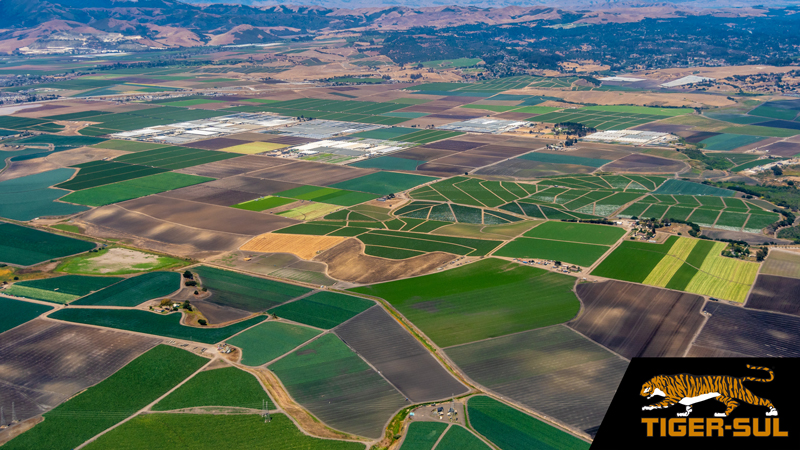Growers Plan To Update Weed Control Management In 2012
As a sign farmers are responding to the threat of glyphosate resistance, as many as four out of five growers plan to alter their weed control programs in 2012, according to results from a recent national BASF survey.
More than 50% of farmers surveyed acknowledged the existence of glyphosate-resistant weeds in their fields, and many of them blamed resistance for hurting their yields. In addition, even farmers who have not seen glyphosate resistance in their fields said they would make changes to their weed control programs.
Positive Findings
These results encouraged weed experts such as Dan Westberg, Ph.D., Technical Market Manager, BASF.
“It indicates that farmers understand that today’s weed control challenges demand the use of a more comprehensive management approach,” Westberg said. “For a long time, farmers relied almost solely on glyphosate to control their weed problems, but those days are over. The repeated use of a single chemistry is the number one reason many have developed resistant weed populations.”
A majority of survey respondents acknowledged the need to do more, with more than 80% saying they would be willing to invest additional dollars to control resistant weeds.
More than one-third of survey respondents plan on adding multiple herbicide sites of action this year, which experts say is a critical element in controlling glyphosate-resistant weed populations. The Weed Science Society of America (WSSA) already has confirmed 13 different species of profit-robbing glyphosate-resistant weeds across 28 states.
“Once a weed evolves resistance to a particular herbicide and is able to seed, that problem now exists in that field pretty much forever,” said Mike Owen, Ph.D., Iowa State University weed scientist.
Many survey respondents also said they would apply a preemergence herbicide before or at planting for a foundation of weed control, as well as add tank mixes to their post applications. About one-third of respondents said they would work with a consultant to plan out their programs.
Not All Are On Board
In 2010, a BASF survey asked customers if they thought herbicide resistance impacts yield. Twenty-three percent responded “yes.”
By comparison, the recent farmer survey asked how much yield impact resistant weeds had on their yields in 2011. Seventy-three percent responded that there was at least some yield impact.
Still, not every farmer agrees resistance is an immediate concern, as 16% of survey respondents said they would not spend anything more to control resistant weeds. One-third of respondents said they don’t believe resistant weeds even impact their return on investment, going against what weed scientists say.
“If a weed is present in a crop in early season, you are losing yield,” said Daniel Stephenson, Ph.D., Louisiana State University weed scientist. “Add resistance on top of it, and you are not only hurting yourself if you allow the weeds to go to seed – you are hurting yourself from here on out.”
University of Tennessee weed scientist Larry Steckel, Ph.D., said glyphosate-resistant weeds have had a big financial impact on Tennessee farmers – at least a $200 million effect on their bottom lines, he said.
“And that is very conservative,” Steckel said, “because it is not counting the fields that were tilled up and not harvested. It has had a huge impact, way above what I thought going into this six, seven years ago.”
These types of statistics are why weed scientists recommend the adoption of a more comprehensive weed management program. This includes using herbicide best practices such as employing multiple herbicide sites of action in the growing season, Westberg said.
“BASF is focused on being a partner with growers for managing weed resistance and helping them to maximize yield,” Westberg said. “That is why we provide more corn and soybean herbicide sites of action than any other crop protection company.”
BASF also is dedicated to providing the solutions, technical support and educational tools to help farmers implement a weed management program that, in addition to employing multiple herbicide sites of action, includes proactive weed resistance management, as well as planning appropriately to help ensure effective, on-target applications.
The message for today’s weed control challenges, Iowa State University’s Owen said, is straight-forward: “Do something different.”
For information on herbicide best practices, click here.
For more information on BASF Crop protection products, visit the comany’s Website. You can also like them on Facebook and follow on Twitter.






